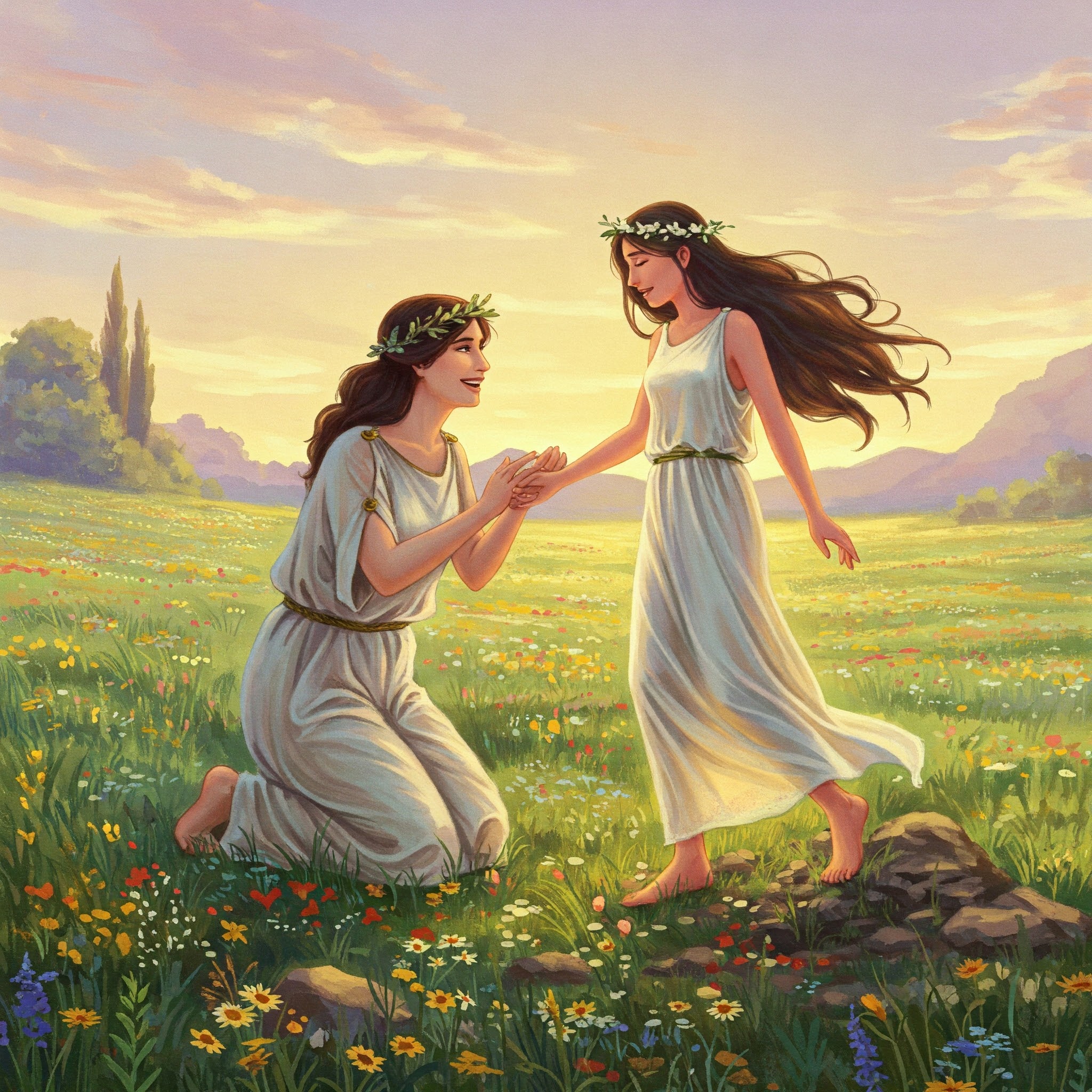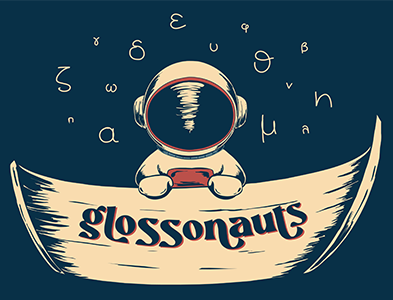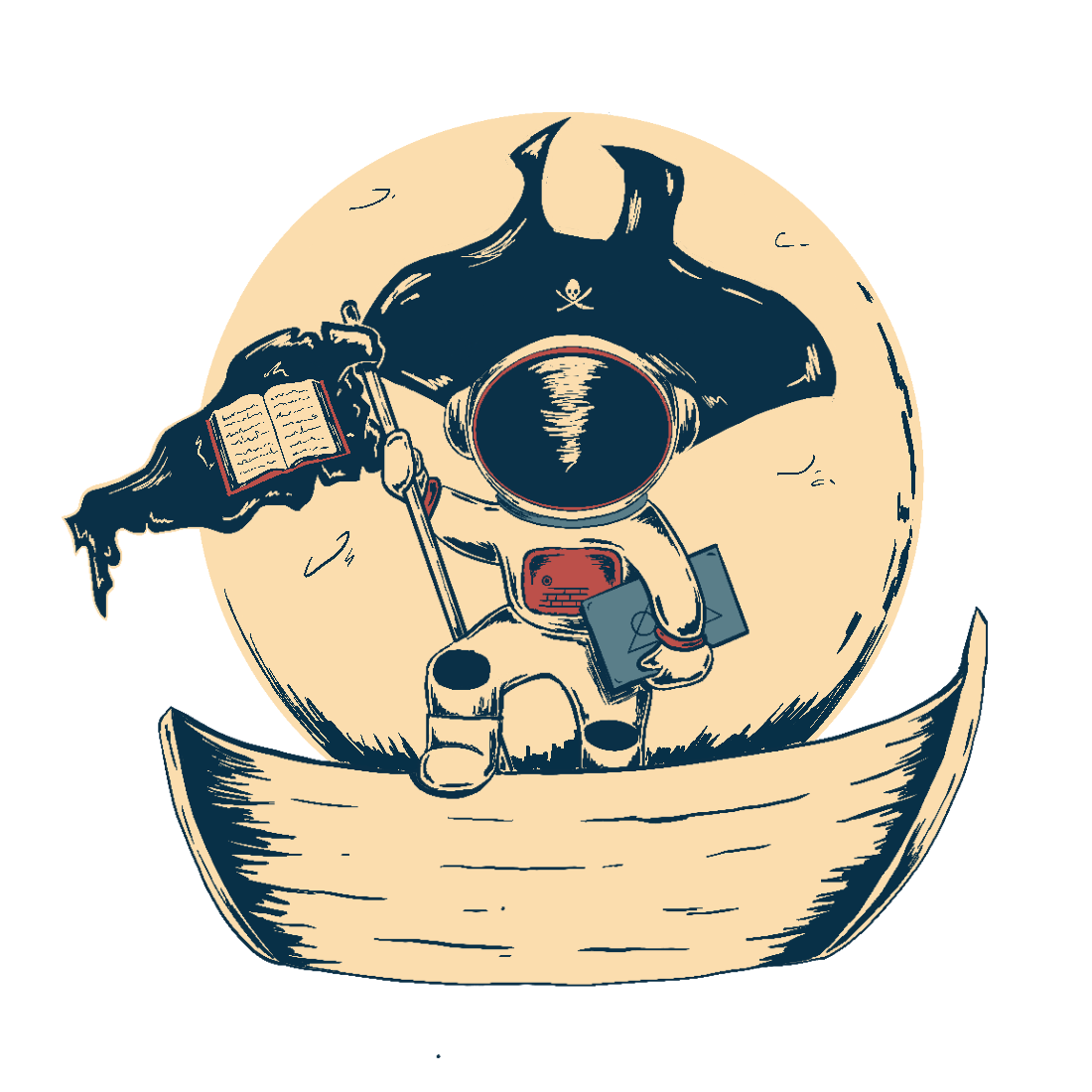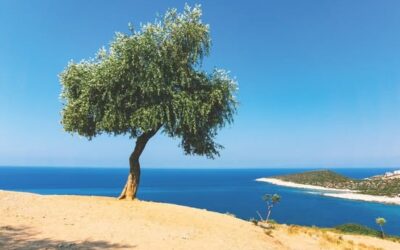
May Day (Πρωτομαγιά in Greek) has been established worldwide as the day of the working class and wage labour. It was established on July 20, 1889, in Paris in memory of the uprising of the Chicago workers on May 1, 1886. In Greece, the first celebration took place in Athens.
It is a labour holiday that highlights the legitimacy and rights of people who work worldwide. Among the most important achievements of those days were the eight-hour workday and no work on Sundays.
In Greece it is celebrated with marches, rallies, and musical events. Most industrial, craft, and commercial activities are prohibited.
However, it is known that many businesses remain open, such as those in the hospitality industry.
Also, on this day, thanks to the good weather that prevails in Greece, people gather in countryside places, collect flowers and make the famous May Wreath (Μαγιάτικο Στεφάνι), which some hang on their balconies and others on the doors of their houses. According to Greek tradition, this is how the peak of spring is symbolised. It has ancient roots and symbolises life, rebirth and fruitfulness.
According to mythology, the daughter of Demeter (goddess of fertility and agriculture), Persephone, ascended from Hades to Earth to see her mother, who was “blooming” with joy.

Those who keep the customs well remove the May Wreath at the end of summer and not earlier.
The construction of the wreath is simple. It usually requires a vine rod for the base and seasonal flowers, such as wildflowers, daisies, roses, chamomile, and jasmine, which are tied with thread or twine along with green foliage around the base.

If you are in Greece on this day, take the opportunity to pick flowers under the sun and smell the fruit of the season.
The Mayocouloura (Η ΜΑΓΙΟΚΟΥΛΟΥΡΑ)
Housewives usually keep dough from the buns that were made on Holy Thursday and make it on May Day to protect their family from witchcraft.
DANCES WITH FIRE
They light fires as soon as the sun sets from dry branches and dance around the fire. The young people jump with their hair and clothes wet to drive away illnesses. When the dance is over, they return home with a lit torch to drive away evil from their home.

VOCABULARY
Πρωτομαγιά (Proto-magiá) – May Day, First of May
Μάιος (Máïos) – May
Στεφάνι (Stefáni) – Wreath
Λουλούδι (Louloúdi) – Flower
Άνθος (Ánthos) – Blossom
Αγριολούλουδο (Agriolouloúdo) – Wildflower
Μαζεύω λουλούδια (Mazévo louloúdia) – To gather flowers
Πλέκω στεφάνι (Pléko stefáni) – To weave a wreath
Κρεμώ στεφάνι (Kremó stefáni) – To hang a wreath
Απεργία (Apergía) – Strike
Εργάτης (Ergátis) – Worker
Διαδήλωση (Diadílosi) – Protest
Εκδρομή (Ekdromí) – Excursion
Ήλιος (Ílios) – Sun
Άνοιξη (Ánoixi) – Spring
Καλός καιρός (Kalós kerós) – Good weather
See you in the next one!





